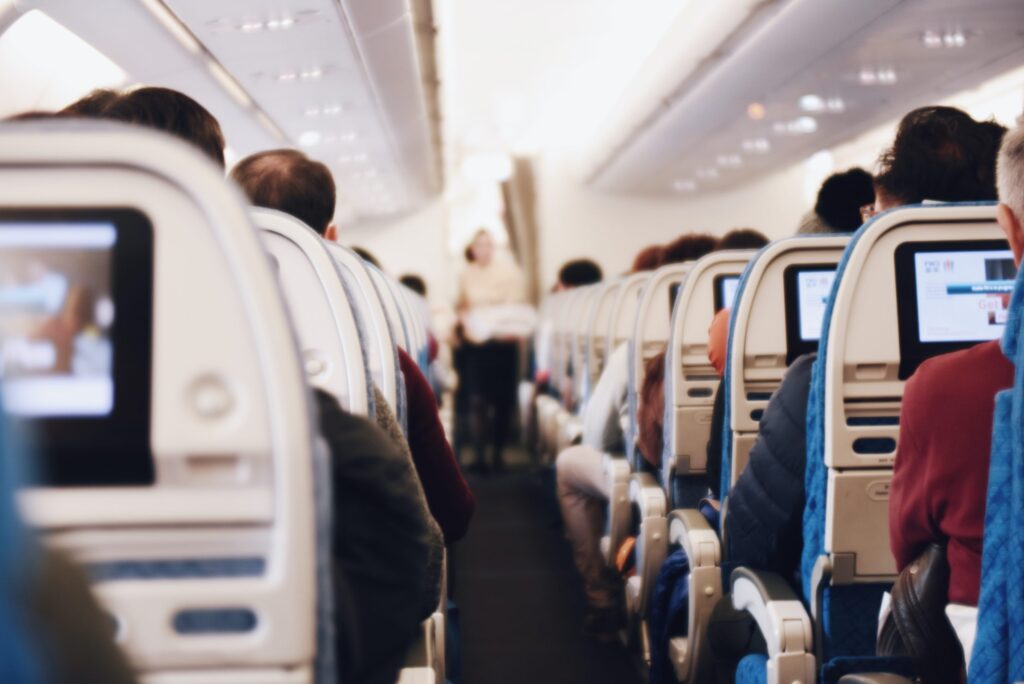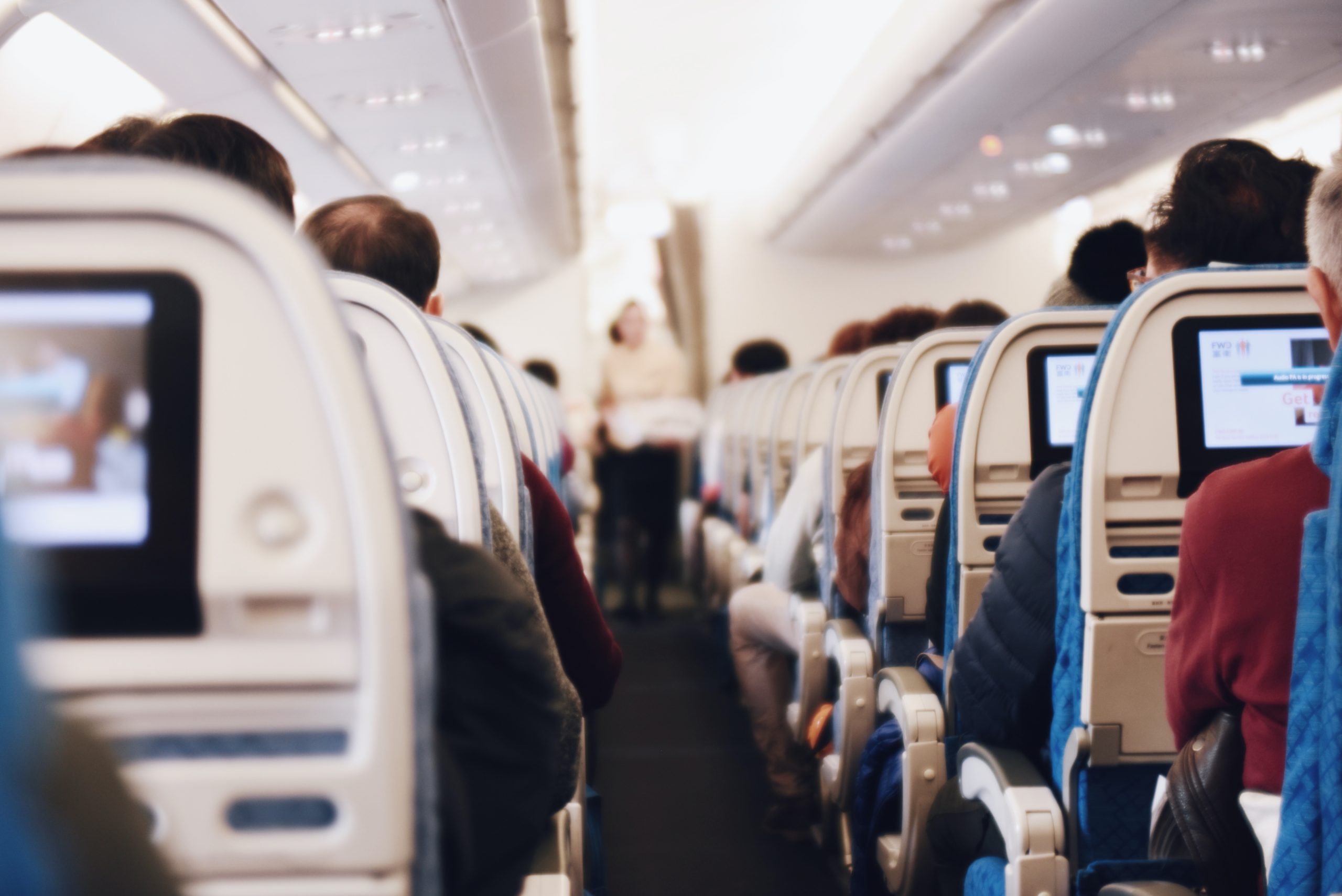Travel Guidelines: Your Essential Companion for a Smooth Journey – Traveling can be one of life’s most enriching experiences, offering opportunities for exploration, relaxation, and personal growth. However, to ensure a smooth journey, it’s essential to plan meticulously and stay informed about travel guidelines. This comprehensive guide aims to provide you with the necessary insights and tips to make your travels hassle-free and memorable.

Pre-Trip Planning
Researching Destinations
Before embarking on your journey, research your destinations thoroughly. Familiarize yourself with local customs, traditions, and any travel advisories issued by government authorities.
Booking Accommodation and Transportation
Secure your accommodation and transportation in advance to avoid last-minute hassles. Compare prices, read reviews, and choose options that align with your budget and preferences.
Packing Essentials
Clothing and Accessories
Pack appropriate clothing and accessories for the climate and activities you’ll be engaging in. Consider versatile pieces that can be mixed and matched to save space.
Travel Documents
Ensure you have all necessary travel documents, including passports, visas, and travel insurance. Make copies of important documents and store them separately from the originals.
Medications and First Aid Kit
Pack essential medications and a first aid kit to address any health issues or emergencies that may arise during your trip. Include items like pain relievers, antihistamines, and bandages.
Safety Tips During Travel
Secure Your Belongings
Keep your belongings secure at all times, especially in crowded tourist areas. Use locks on luggage, be cautious of pickpockets, and avoid displaying valuables openly.
Stay Alert and Informed
Stay updated on current events and potential safety risks in your destination. Pay attention to local news, heed advice from locals and authorities, and avoid risky areas.
Health Precautions
Take necessary health precautions, such as vaccinations and preventive medications, before traveling to regions with specific health risks. Stay hydrated, practice good hygiene, and be mindful of food and water safety.
Cultural Etiquette and Respectful Behavior
Research Local Customs
Respect local customs and traditions by researching cultural norms and etiquette before your trip. Learn basic phrases in the local language to communicate respectfully with locals.
Dress Code Awareness
Dress appropriately according to local customs and traditions, especially when visiting religious sites or conservative areas. Pack clothing that covers shoulders, knees, and other modesty requirements.
Language Basics
Learn basic phrases and greetings in the local language to facilitate communication and show respect for the host culture. Carry a phrasebook or use language learning apps for easy reference.
Sustainable Travel Practices
Reduce Plastic Usage
Minimize your environmental impact by reducing plastic usage during your travels. Carry a reusable water bottle, avoid single-use plastics, and opt for eco-friendly accommodation and transportation options.
Respect Wildlife and Nature
Practice responsible tourism by respecting wildlife and natural habitats. Avoid activities that exploit animals or harm the environment, and support conservation efforts wherever possible.
Support Local Communities
Support local economies and communities by choosing locally-owned businesses, artisans, and tour operators. Engage in cultural exchanges, respect local traditions, and be mindful of your impact on the destination.
Navigating Through Airports and Transportation Hubs
Arrive Early
Arrive at airports and transportation hubs well in advance to allow ample time for check-in, security procedures, and potential delays. Follow signage and instructions from staff to navigate efficiently.
Follow Security Procedures
Adhere to security protocols and regulations when passing through airport security checkpoints. Remove liquids, electronics, and other restricted items from your carry-on baggage for screening.
Utilize Airport Facilities
Take advantage of airport facilities and services to enhance your travel experience. Relax in airport lounges, utilize baggage storage services, and explore dining and shopping options.
Making the Most of Your Destination
Exploring Local Cuisine
Immerse yourself in the local culinary scene by trying traditional dishes and exploring street food markets. Engage with locals to discover hidden culinary gems and learn about regional specialties.
Engaging in Cultural Activities
Participate in cultural activities and events to gain insights into the local way of life. Visit museums, attend festivals, and interact with artisans to appreciate the richness of the destination’s cultural heritage.
Off-the-Beaten-Path Adventures
Venture off the beaten path to discover hidden gems and lesser-known attractions. Explore charming neighborhoods, scenic landscapes, and authentic experiences that lie beyond tourist hotspots.
Staying Connected Abroad
International Roaming Options
Stay connected with family and friends back home by exploring international roaming options offered by your mobile provider. Consider purchasing local SIM cards or portable Wi-Fi devices for affordable data access.
Wi-Fi Availability
Take advantage of free Wi-Fi hotspots available in cafes, hotels, and public spaces to stay connected without incurring additional costs. Use VPNs for secure browsing and accessing geo-restricted content.
Communication Apps
Stay in touch with loved ones and navigate unfamiliar territories using communication apps like WhatsApp, Skype, and Google Maps. Download offline maps and language translation apps for offline use.
Handling Emergencies and Contingencies
Emergency Contacts
Keep a list of emergency contacts, including local authorities, embassy or consulate information, and emergency assistance hotlines. Share your itinerary with trusted contacts for added safety.
Travel Insurance
Invest in comprehensive travel insurance to protect yourself against unexpected emergencies, medical expenses, trip cancellations, and lost or stolen belongings. Read the policy terms carefully and carry insurance documents with you.
Dealing with Unexpected Situations
Stay calm and resourceful when faced with unexpected situations such as flight delays, lost luggage, or medical emergencies. Follow instructions from authorities, seek assistance from local resources, and prioritize your safety.
Conclusion
By following these travel guidelines, you can embark on your journey with confidence and peace of mind. Remember to plan ahead, stay informed, and embrace new experiences responsibly. Whether you’re exploring vibrant cities, tranquil beaches, or majestic landscapes, may your travels be filled with joy, discovery, and unforgettable memories.
FAQs
- Do I need travel insurance for domestic trips?
- While travel insurance is not mandatory for domestic trips, it can provide valuable coverage for unexpected emergencies, trip cancellations, and other unforeseen events.
- How far in advance should I book my accommodation and transportation?
- It’s advisable to book accommodation and transportation at least a few weeks in advance, especially during peak travel seasons, to secure the best deals and availability.
- What should I do if I encounter language barriers during my travels?
- Use translation apps, gestures, and basic phrases to communicate with locals. Most people appreciate efforts to bridge language barriers and will be accommodating and helpful.
- Is it safe to drink tap water in foreign countries?
- It’s best to drink bottled or filtered water in foreign countries to avoid the risk of waterborne illnesses. Be cautious of ice cubes and uncooked foods washed with tap water.
- How can I minimize my environmental impact while traveling?
- Reduce plastic usage, conserve water and electricity, support eco-friendly businesses, and engage in sustainable practices such as recycling and responsible waste disposal.

